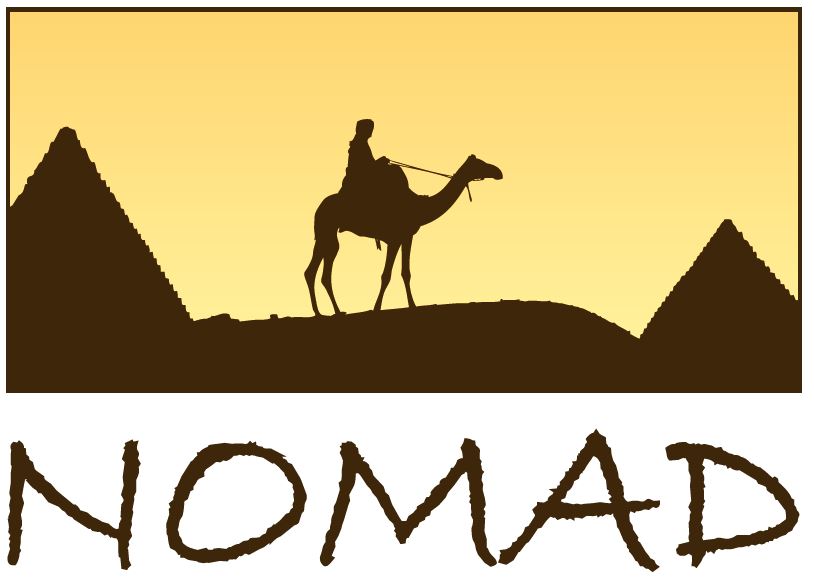NOMAD Bioscience enters into agreement with Monsanto
Monsanto Company (NYSE: MON) and Nomad Bioscience GmbH have announced a licensing agreement whereby Monsanto has obtained rights to apply Nomad’s proprietary technology to its genome-editing projects aimed at enhancement of agricultural crops. The licensed technology enables more efficient development of edited traits and may be applied across a broad range of genome-editing technologies and project types. Nomad’s novel approach holds the promise to accelerate the development of improved agricultural products via genome editing.
“Our approach greatly increases both the efficiency of genome editing and the ability to deploy edited traits in commercial varieties, which could prove to be beneficial to the speed and scale at which potential products are developed,” said Dr. Yuri Gleba, chief executive officer and Nomad founder.
The agreement includes a three-year research project, during which scientists at Nomad will continue to expand the applicability of their technology. In addition, the agreement provides Monsanto with rights to use Nomad’s technology for research projects during the term, as well as an option for an exclusive commercial license to apply the proprietary technology in the development of agriculture products. Additional details of the agreement were not disclosed.
“Monsanto is committed to delivering best-in-class solutions to growers who face increasing challenges every year,” said Tom Adams, biotechnology lead for Monsanto. “Our collaboration with Nomad is one example of how we employ the industry’s best science through our own R&D pipeline and through strategic partnerships to continually drive agriculture innovation.”
Gene-editing technologies offer a way for scientists to develop site-directed integration of specific genes as well as the opportunity to enhance beneficial or remove undesired plant characteristics. Monsanto believes that genome-editing technologies will enable plant breeders to deliver better hybrids and varieties more efficiently, as well as offer plant scientists additional resources to deliver new improvements in plant biotechnology.
Nomad is a privately-held biotechnology company headquartered in Munich, Germany.
About Nomad Bioscience GmbH.
Nomad Bioscience, headquartered in Munich, Germany, is a private biotechnology company developing plant-made biomaterials and agronomic traits that address critical unmet needs. Nomad’s plant-based transient protein expression technologies are licensed to several companies for a broad range of products. Nomad’s biomaterial pipeline consists of several selected product candidates, including plant-made cellulase enzymes for bioethanol production and antimicrobial proteins, including colicins, lysins and other bacteriocins, for food safety and human and animal health use.
About Monsanto Company.
Monsanto is committed to bringing a broad range of solutions to help nourish our growing world. We produce seeds for fruits, vegetables and key crops – such as corn, soybeans, and cotton – that help farmers have better harvests while using water and other important resources more efficiently. We work to find sustainable solutions for soil health, help farmers use data to improve farming practices and conserve natural resources, and provide crop protection products to minimize damage from pests and disease. Through programs and partnerships, we collaborate with farmers, researchers, nonprofit organizations, universities and others to help tackle some of the world’s biggest challenges. To learn more about Monsanto, our commitments and our more than 20,000 dedicated employees, please visit: discover.monsanto.com and monsanto.com
Follow our business on Twitter® at twitter.com/MonsantoCo, on the company blog, Beyond the Rows® at monsantoblog.com or subscribe to our News Release RSS Feed.




